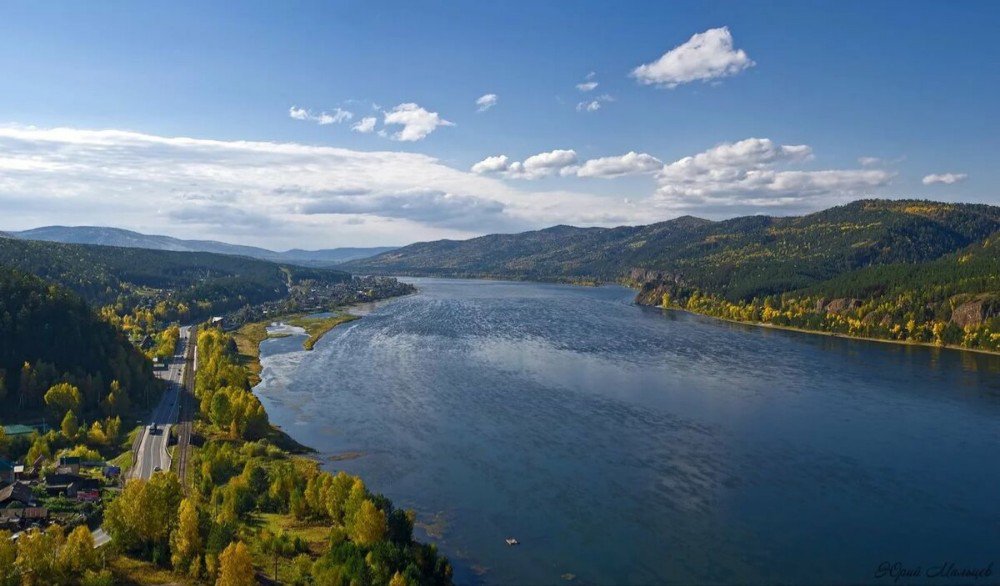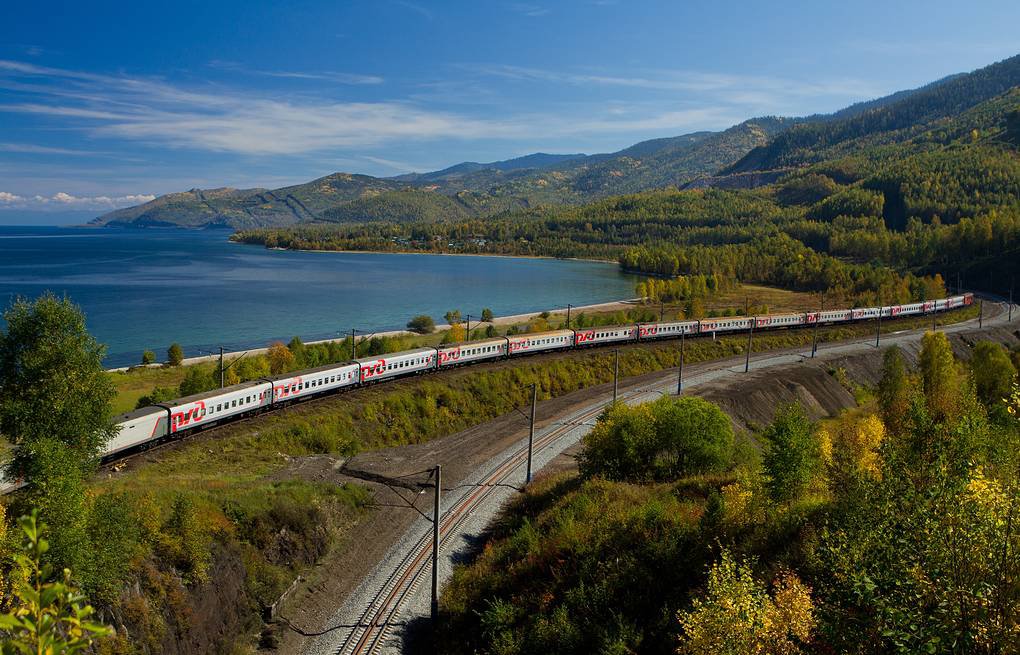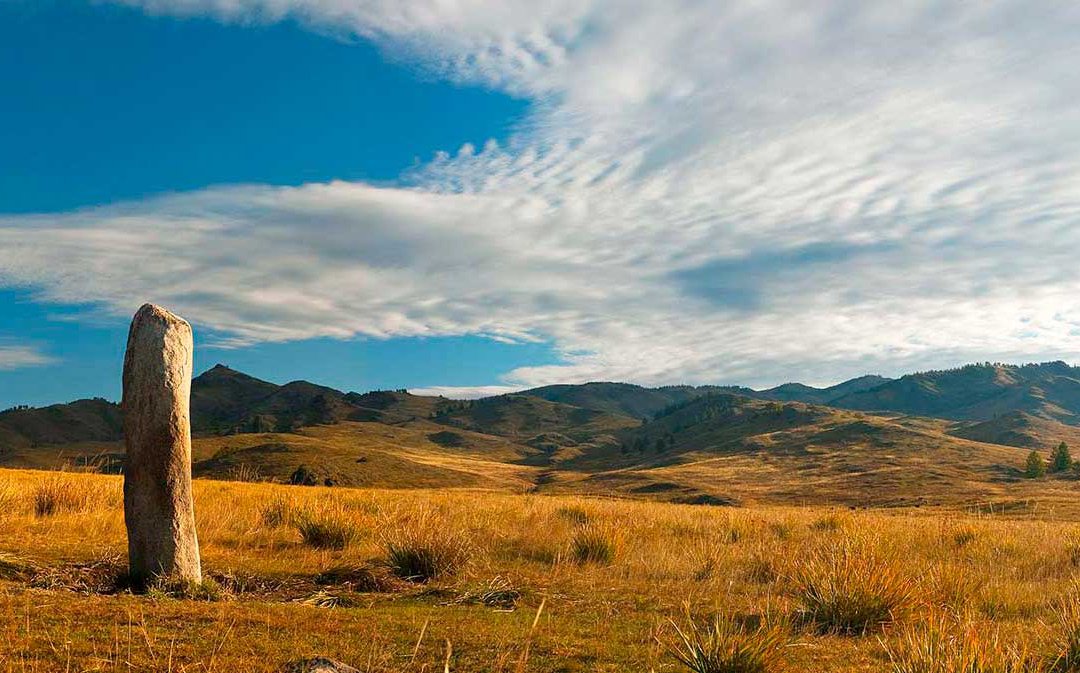 Siberia
SiberiaFor many, Siberia is still mysterious, uncharted, and therefore frightening land. Oddly enough, to this day there are many notables about Siberia, and these lands are associated with fierce frosts, oil and a Russian man in an ear hat only. In fact, Siberian territories are not only tundra and taiga, but also large cities with a million population, modern enterprises, many attractions and very friendly and responsive people who love this harsh region with all their hearts.
 Siberia
SiberiaBased on various sources, you can hear several versions from where the name "Siberia" came from. Some suggest that the term "Siberia" came from the Mongolian word "Shibir," which in Russian means "forest bowl." Genghis Khan could give such a name when he conquered the border part of the taiga with the forest-steppe. There is also a version that the name came from a consonant name that inhabited the forest-steppe Priirtyshye tribes in ancient times - "Sabirov" or "Sipyr." The most common version is considered that the name "Siberia" is closely related to the term "north."
 Trans Siberian
Trans Siberianindigenous peoples such as the Tatars, Yakuts or Khakasses have lived in the territory of modern Siberia for centuries. During the time of Genghis Khan, these territories were inhabited by the Mongols. Surprisingly, the fact is there is still confusion about the borders of Siberia. If we consider this issue in a historical and cultural context, then all the lands lying east of the Ural Mountains, including the northern regions of modern Kazakhstan and the Russian far east, must be attributed to Siberia. If we follow the administrative division that exists today, then Siberia is the territory of twelve constituent entities of the Russian Federation that are part of the Siberian Federal District. In general, the question is interesting - the name Siberia is, but there is no specific territory.
 Siberia
SiberiaIn fact, the Russians knew about the vast territories beyond the Urals much earlier than the 15th century. However, internal political problems did not allow the rulers to turn their eyes to the east. The first military campaign in Siberian lands was undertaken by Ivan III only in 1483, as a result of which the Mansi were conquered, and the Vogul principalities became tributaries of Moscow. Ivan the Terrible took up the eastern lands, and it was at the very end of his reign.